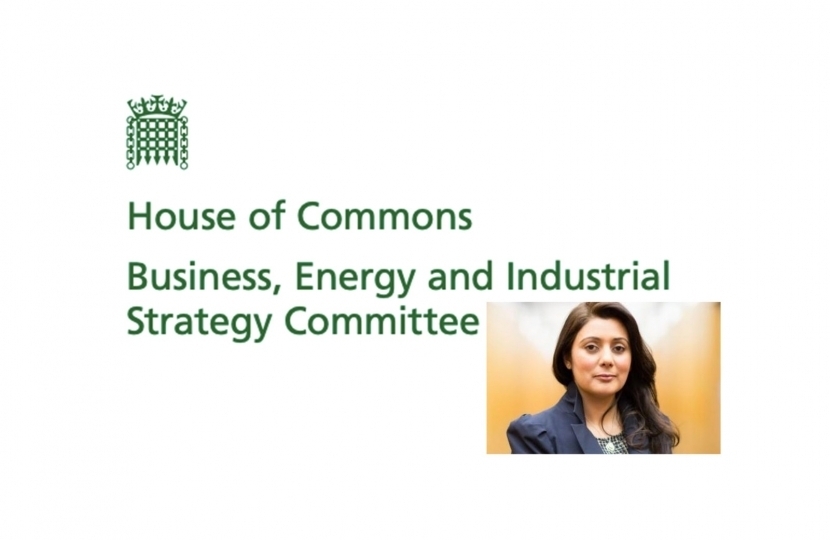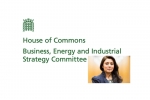
Nusrat Ghani, MP for Wealden, has welcomed comments from Darren Jones, Chair of the Business, Energy and Industrial Strategy Committee on the publication of the Government’s Net Zero Strategy and the Heat and Buildings Strategy.
Jones said:
“Improving insulation in our homes and installing low carbon heating is not only the right thing to do for our planet but it will also improve the quality of life in our homes and reduce energy bills.
“But the Government has to learn the lessons for the string of failures in the past. These schemes should be delivered in partnership with local councils – not just outsourced to the cheapest company from London – and run alongside a national campaign to raise people’s understanding about the changes that will have to take place in our homes.
“The Government must also work with industry and trade unions to ensure the many workers across the country see the move away from gas not as a risk to their job but an opportunity to re-skill for the new green jobs of the future.”
Darren Jones, BEIS Chair, asked a question regarding successful delivery of the announced voucher schemes (as part of today’s House of Commons statement on the Net Zero Strategy and Heat and Buildings Strategy).
On the Net Zero Strategy, Darren Jones, BEIS Chair said:
“The Government is failing to recognise the scale and pace of change required to meet our climate change targets. Ministers can’t just keep re-announcing the same promises and listing them all out with a repackaged name – they need an actual strategy that sets out the important role the state must play in our net zero transition.”
Background
The Business, Energy and Industrial Strategy (BEIS) Committee is currently undertaking an inquiry on decarbonising heat in homes, investigating the policies, priorities and timelines which are needed to decarbonise heating in residential buildings and help ensure the UK gets on track to deliver Net Zero by 2050.
On 24th June, the BEIS Committee also launched an inquiry into net zero governance, examining the leadership and co-ordination which will be needed by government to deliver on the UK’s commitment to reach net zero by 2050.
The BEIS Committee also published their report on the Climate Assembly UK: where are we now? (see also news item) in July which called for the Government to follow the principles set out by Climate Assembly UK and ensure fairness underpins the transition to net zero. The BEIS Committee’s report made a series of recommendations to Government on public engagement and education, on deliberative democracy, and on the net zero transition, in order to capitalise on the work of Climate Assembly UK (CAUK).
Read more here.

